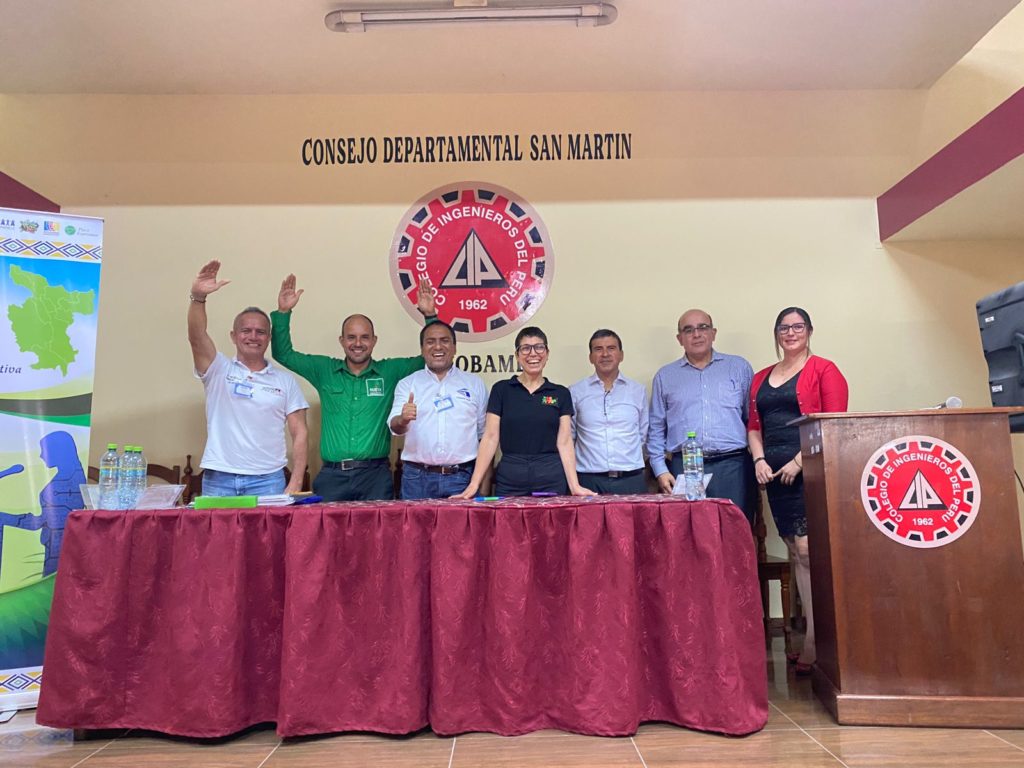IRI Peru, working in partnership with several alliances and institutions, recently held a series of electoral dialogues in advance of the relgional and municipal elections (for the period 2023-2026) to put the protection of the Amazon and forest defenders on the agenda of candidates for office. Based on an agreement signed with the National Jury of Elections to carry out these dialogues, an alliance was formed with the Foundation for Conservation and Sustainable Development, the National Network of Voluntary and Communal Conservation “Amazonía Que Late”, the Civil Association Transparencia, the Roundtables for the Fight against Poverty, the Peace and Hope Association and ProPurús. Three dialogues were held at the regional level, with the participation of the main candidates in each zone. Laura Vargas, National Facilitator of IRI Peru, participated in the events and made a presentation on the situation of forests and the urgent need for them to be a priority for the next regional governments to be elected. The Auditorium of the National Amazonian University of Madre de Dios was the site of the Puerto Maldonado Electoral Dialogue on September 9th, where proposals for policies and investments on sustainable infrastructure in the Amazon were exchanged. Five candidates participated in the forum and presented their perspectives and proposals regarding their vision for the development of the region and the interconnection between the Amazonian peoples. The Pucallpa Electoral Dialogue was held on September 15th and was attended by four of the seven candidates for the Regional Governorship who discussed the use of the territory and the economic and social models that should be implemented to ensure that the territory of Ucayali remains healthy and productive for the benefit of its inhabitants and the sustainable development of Peru. The San Martin Electoral Dialogue was held on September 20th at the College of Engineers of Moyobamba and included the participation of the three main candidates for office in the region. All of the three dialogues were widely covered in local media, radio, press and television.


